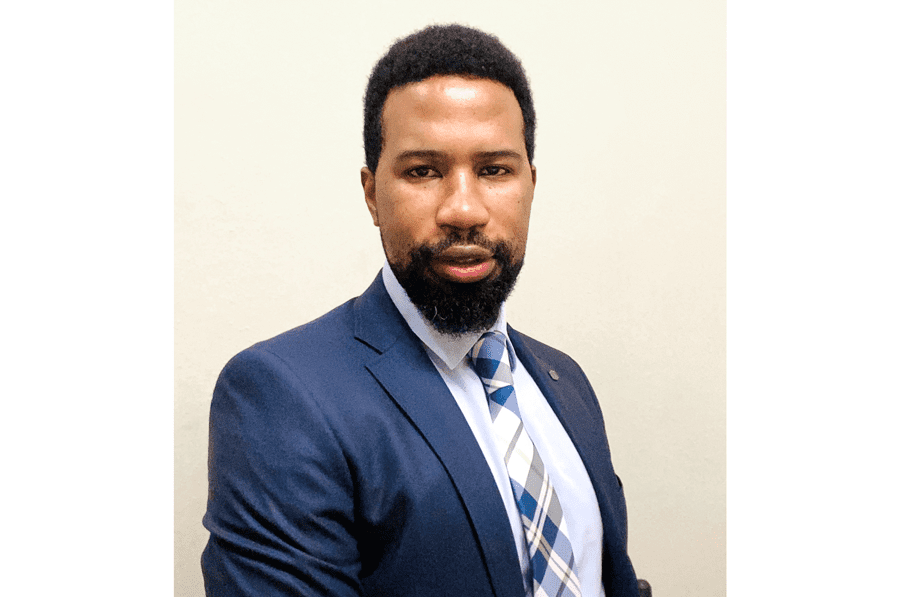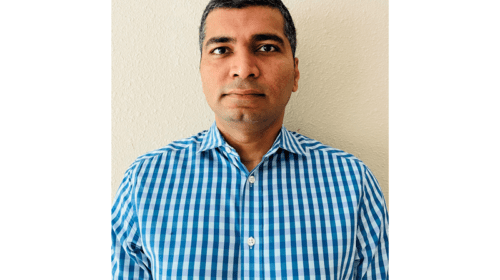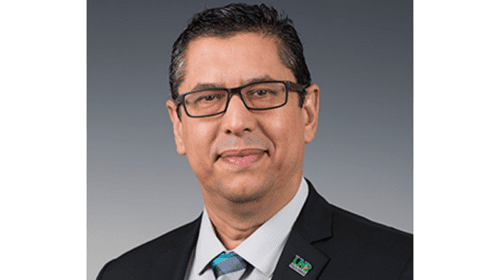Alan Alexeyev: Tell us about your current position and what you do, as well as how you found a job.
Ivan Imonigie: I am currently assigned as the service quality engineer for Tractors and Powered Intervention Technology in one of the world’s largest oilfield services companies. I am responsible for three key deliverables: equipment availability, equipment reliability and overall cost of service delivery. I provide the interface between the field locations and the technology center by developing long-term engineering strategies for technology development and enhancement, defining and disseminating best practices, and driving technical design improvements for the tools employed in well intervention operations.
The position entails ensuring the operability of downhole electronic tools. This comprises analyzing equipment performance, providing expert support on service quality investigations, developing and deployment of design improvement, and dissemination of technical solutions to keep critical assets working at maximum performance.
I was assigned to this position based on my field experience, technical expertise and management skills demonstrated over my 11-year career in the oil and gas industry. My role aligns with my passion to directly contribute to improving the efficiency of service delivery in the oil and gas industry.
AA: What inspired you to start a career in the oil and gas industry? How did you decide to become an engineer?
II: I have always been passionate about energy, and my enthusiasm grew stronger after learning about the impact of oil and gas on global energy requirements. Oil and natural gas are the top contributors to the world’s energy supply, so I was inclined to pursue this sector. I also have an affinity for research and innovation and, during a session at my university conducted by my current employer, I learned that the company contributes a significant amount of resources into research and personnel development. This was important to my decision to pursue a career in the oil and gas industry.
AA: How valuable was the university experience, and did it help you in the workplace where you meet people with diverse backgrounds?
II: I graduated from university with a degree in electrical engineering, which gave me the ability to easily grasp the fundamentals of technical solutions and processes. University experience forms the basis of collective thinking and personal attributes that help mold an engineer or technician and also provides the basics. My university experience also provided a framework for better interactions with people from diverse backgrounds, and gave me insight into effective leadership, which has helped me advance in my career.
AA: How did you find the transition from an academic environment to the industry/corporate one? What would you tell people who are about to make such a transition?
II: I found transitioning from academia to the corporate space to be somewhat seamless, in that the oil and gas industry is more like an institution with a career progression path. I [have taken] advantage of the opportunity to attend numerous courses and training [programs] over the past 11 years, with more to come.
I also believe that the advent of the Internet and increasing global connectivity have enabled remote and self-development opportunities that make the career development transition between academia and industry less distinct. My advice to people who are about to make such a transition would be to do your due diligence. Study the corporation and the job role to ensure that they align with your passion.
AA: Has the industry taken initiatives to smoothly transition young professionals into the oil sector? What, if anything, could be done better?
II: I believe the industry has made a good start on initiatives, but there is always room for improvement. My company, for example, has a clear training plan and a bank of resources for professional development. But I think, overall, the industry could do more to improve awareness for young professionals about the benefits of a career in oil and gas, and how to grow a career. Social media is the most effective way to reach young professionals, and I believe it offers tremendous opportunities to engage with young adults in ways that are immersive and inspiring.
AA: The oil and gas industry has lots of conferences and events. Have you attended any of them? If so, how useful do you find them and what’s your takeaway?
II: I have attended multiple conferences hosted by the Society of Petroleum Engineers (SPE) and the Intervention & Coiled Tubing Association (ICoTA), and they were all very educational and valuable. I was privileged to have attended some of these as a student, where I obtained most of my prior knowledge about the oil and gas industry.
AA: What advice do you give to current college students who have an interest in the oil and gas industry? Should they pursue it as a career during these constant downturns?
II: The oil and gas industry is the top contributor to the world’s energy requirement. The U.S. Energy Information Administration (EIA) projects a 35 percent increase in natural gas consumption by the American industrial sector by 2050. The industry is also fully aligned with the energy transition to cleaner energy sources (e.g., thermal) and plays a leadership role. Recent experiences have shown that all sectors are susceptible to fluctuations in global economic and political issues, so students must be diligent about developing their skills to advance their careers.
AA: What are the main technical skills you think will be needed for the industry in the near term based on your experience so far?
II: First is a strong foundation in engineering. Oil and gas companies need people who are analytical thinkers with excellent problem-solving skills. It is also critical to be a team player with the ability to work under pressure.
Alan is a graduate from the University of North Dakota with a Master's degree in Petroleum Engineering. He previously earned his BA in Mathematics from the University of Houston and a BS in Petroleum Engineering from the University of Wyoming. Alan is an active SPE member and has presented at petroleum conferences and exhibitions.
Oil and gas operations are commonly found in remote locations far from company headquarters. Now, it's possible to monitor pump operations, collate and analyze seismic data, and track employees around the world from almost anywhere. Whether employees are in the office or in the field, the internet and related applications enable a greater multidirectional flow of information – and control – than ever before.












